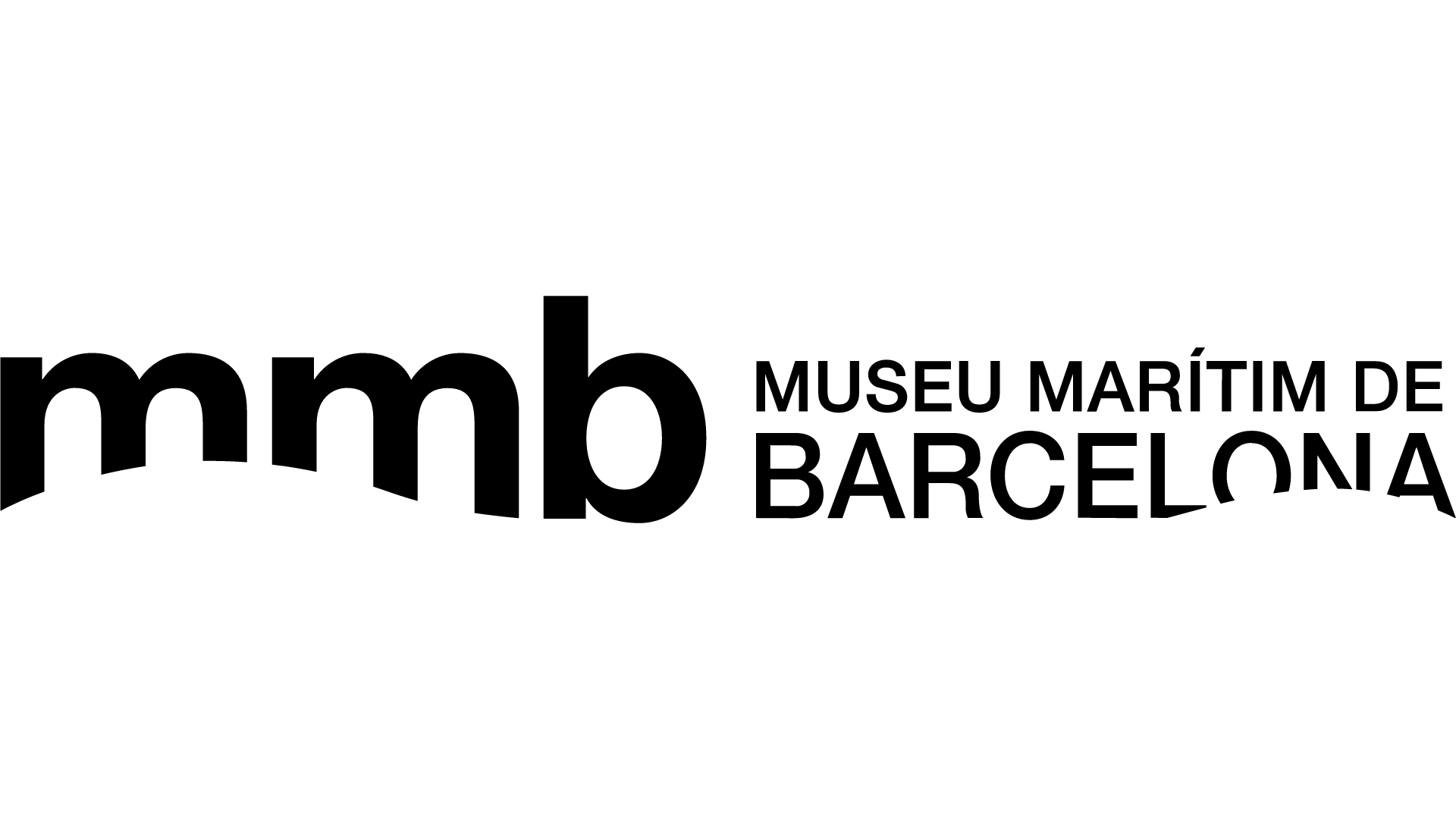Doing and Undoing with Anthropology
The contemporary moment has accelerated the pace at which societies and ecologies are undone. We are surrounded by multiple emergencies and apparent threats: pandemics, war, climate change, mass population movements, radicalization of racial, cultural, and religious conflicts, infrastructural collapse, energy and supply shortages, financial crashes....
Adapting to these new conditions, people are forced to undo forms of being, and to rethink how other ways of living can be ‘done’ together. Undoing fossil fuel economies demands different methods of doing, from new kinds of protest to the invention of new technologies and the restructuring of extractive industries. War and violent conflict forces people to flee and thus to undo communities and modes of life; in displacement communities recompose social life in new ways. In short, questions of ‘doing’ and ‘undoing’ emerge in all dimensions of social life, from politics to legal orders, from morality to labour regimes, from religion to forms of kinship and gender, from technology to art to the production of truths in all realms.
Science is called upon to respond to these emergencies and new ways of un/doing by shaping a future framed as either apocalypse or redemption. But at the same time, the foundations and legitimacy of scientific knowledge are questioned from radically different perspectives. Scientific research appears either as responsible for the troubled world that surrounds us or as saviour, and sometimes both.
Anthropology, as an academic discipline and a form of knowledge is a case in point. It has been questioned from sometimes opposite directions: it has faced growing decolonial critiques as well as calls to restore the values of so –called “Western civilization”. These criticisms cut to the core of how, and what we do as Anthropology: how it produces and reproduces itself, at several levels. First, they highlight the limits of the discipline, and provoke adversary reactions to interdisciplinarity, or on the opposite, encourage anti-disciplinary and anti-academic approaches. Second, there is an increasing awareness of the uneven relations between centres and peripheries, the hegemony of English-speaking countries, at a time when international funding agencies increasingly require research produced in English. Third, they impinge upon the growing precarisation and casualisation of labour, that results not only in the general deterioration of working conditions, but also of the production of knowledge. All these problems may be common to many disciplines but seem to be affecting Anthropology with a particular intensity. Claims to “let anthropology burn” have been made, proposing to “undo” anthropology as we know it. In these terms, “undoing” anthropology may not mean simply to destroy or abandon the discipline, but to disassemble and reassemble it differently. What would “undoing” anthropology imply? How can we reimagine and reconfigure what it means to do anthropology today? How can we find new ways of doing and undoing in the broadest possible sense?
We are planning for a dual mode conference: delegates will have the option to attend in-person (f2f) (the larger portion of the event) and/or online (a separate or subsequent portion of the event), with both types of delegates able to convene, present, chair, discuss, and attend the relevant sections of the conference. Because of our strong commitment to foster a sustainable and accessible confere, we encourage online proposals.









